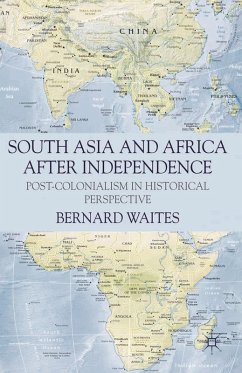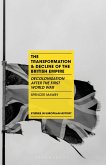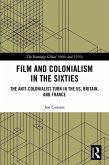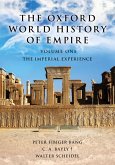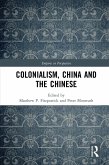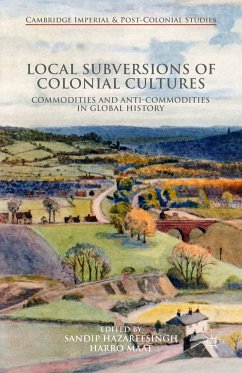Post-colonial South Asia and Africa invite comparison: along with their political boundaries, they inherited from colonial regimes administrative languages, a cluster of sovereign state institutions and modern economic nuclei. When they became independent, South Asian and African states were - for all their diversity - thrust into a common position in the international system, and embarked on a common history as 'emergent', 'non-aligned', 'developing nations'. This is the first book to offer a single-volume comparative history of postcolonial South Asia and sub-Saharan Africa in the first generation since independence.
South Asia and Africa After Independence draws together the political and economic history of these two regions, assessing the colonial impact, establishing breaks and continuities, and highlighting their diversity and interplay. Waites sets out a framework for analysing the first generation of post-colonial history, offering an interpretation of 'post-colonialism' as a historical phenomenon, and provocatively challenging us to re-think this term in relation to South Asian and African history. This book is an important reference for the study of global, world, African and South Asian history.
South Asia and Africa After Independence draws together the political and economic history of these two regions, assessing the colonial impact, establishing breaks and continuities, and highlighting their diversity and interplay. Waites sets out a framework for analysing the first generation of post-colonial history, offering an interpretation of 'post-colonialism' as a historical phenomenon, and provocatively challenging us to re-think this term in relation to South Asian and African history. This book is an important reference for the study of global, world, African and South Asian history.

